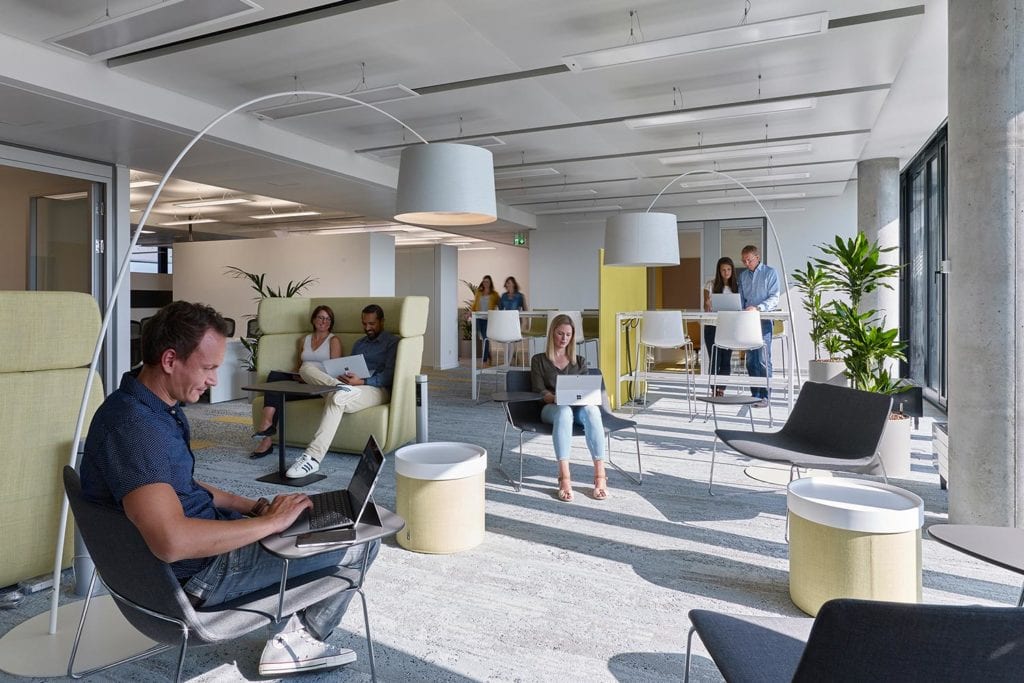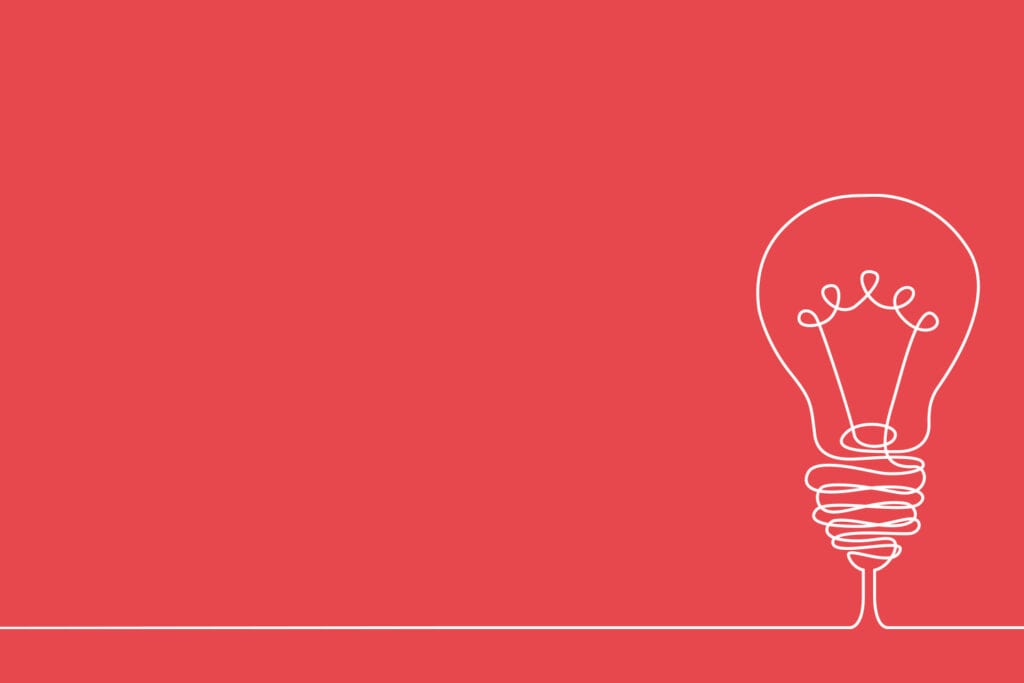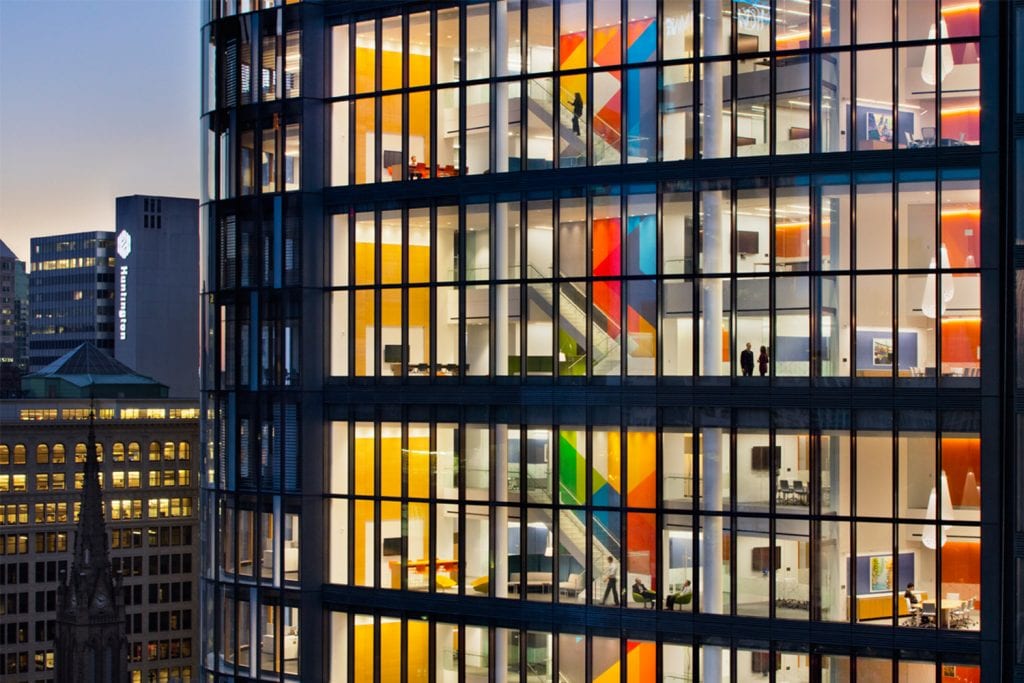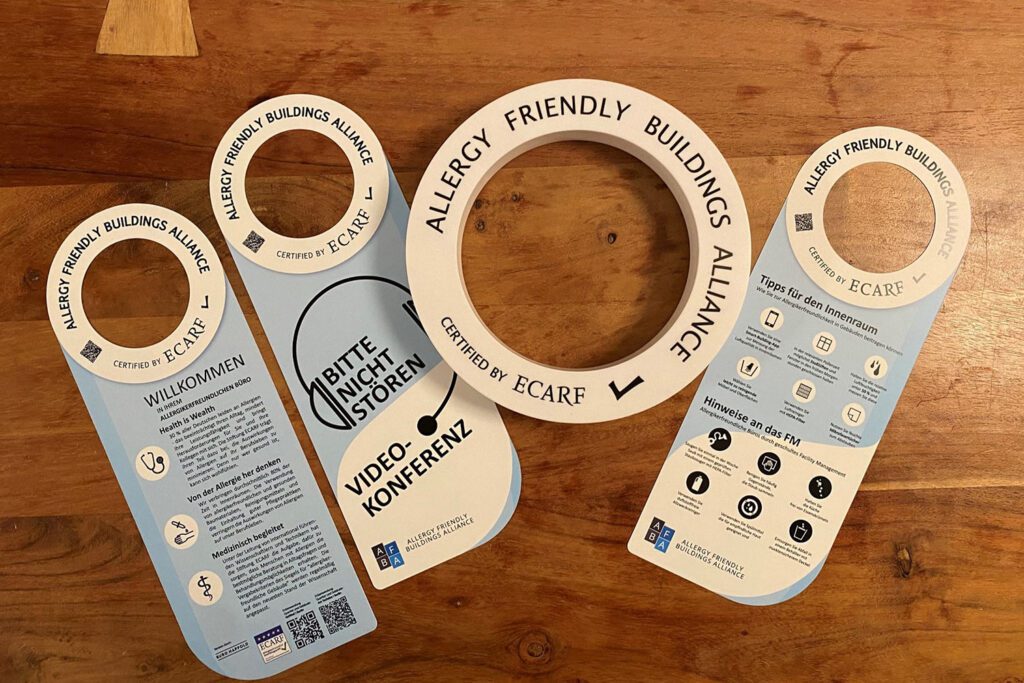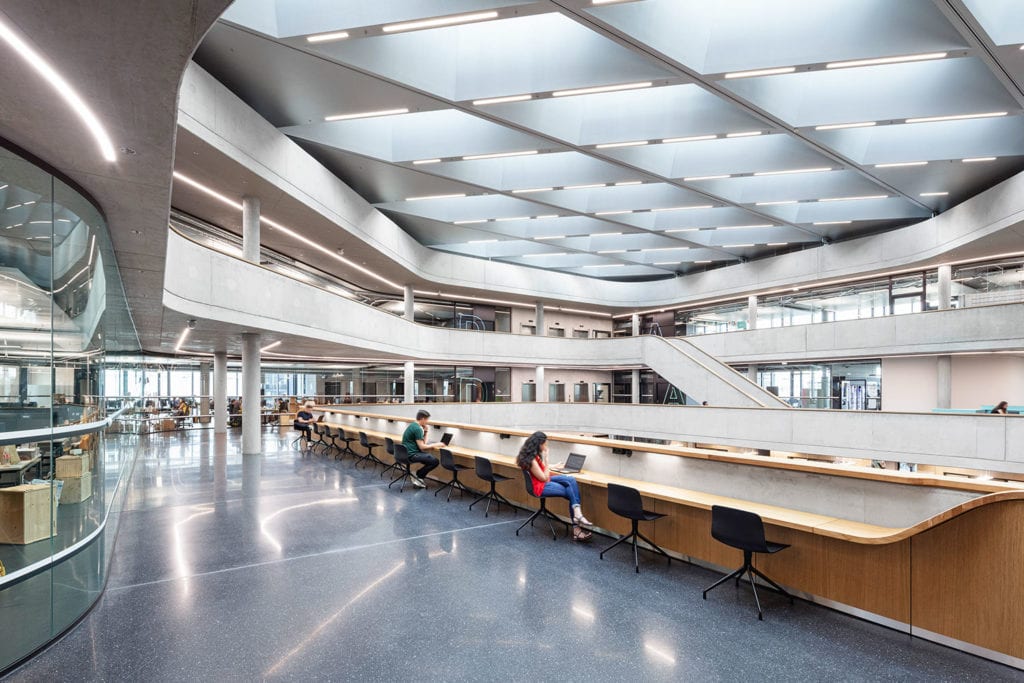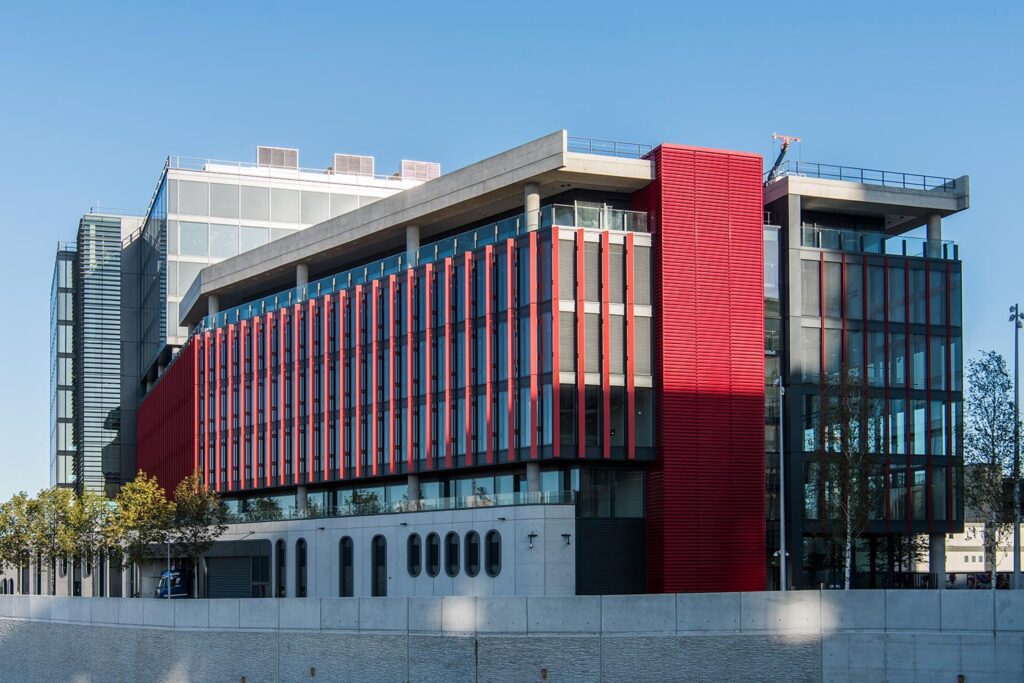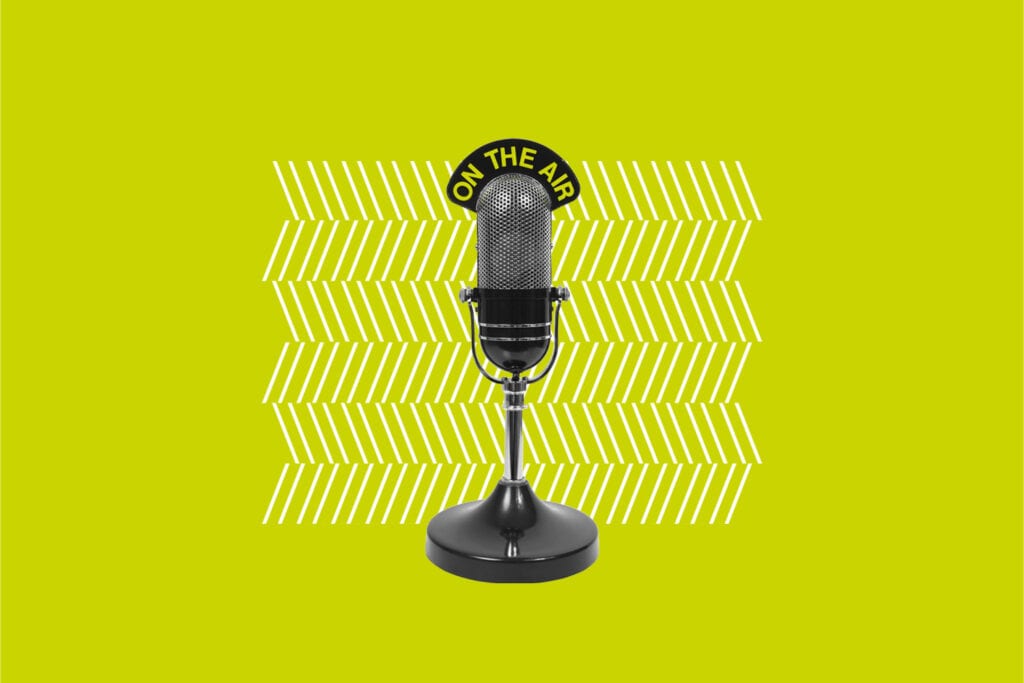The future of work at Buro Happold: six certainties in an uncertain world
No global business has been unaffected by the Covid-19 pandemic.
Working practices have changed dramatically, but is the shift towards flexible and hybrid working a response to the immediate crisis, or a permanent change for employees? Partner Neil Squibbs talks us through how Buro Happold works now, and how we plan to work in the future across our 26 locations worldwide.

Now is not the time to make permanent decisions about office versus home working
What we are doing now isn’t the future of work, as we are still in the grip of a crisis. We don’t believe everyone has to come back to the office full-time. We also don’t agree with companies who say that employees can work anywhere and anyhow.
We are a global business. Despite the fantastic progress made generally by the vaccine programme, rising case numbers, new variants and slower vaccine roll outs in some regions of the world, show that there’s a long way to go before we are all safe. We are working from home because we can’t be in the office and making any long-term decisions about where we all work in the future would, in our opinion, be premature.
More home working reflects pre-pandemic trends
The Covid-19 pandemic has accelerated trends that were occurring anyway. People want to be more flexible in terms of where they work, how they work and the times they work. This flexibility is enabled by the advances in technology that has allowed us to continue to operate and serve our clients. What the pandemic has shown us is that some of the fears we had around supervision, control of work and presenteeism were largely unfounded.
You don’t have to go back into the office this year
Everyone has a different work and home situation. We are reassuring all our people that there’s no obligation for any employee to work from an office in 2021. However, if their local Buro Happold office is open, employees are very welcome to return to what will be a safe and welcoming environment. For those who are more comfortable fulfilling their role from home, they can continue that pattern, whether they are a new or existing employee.
Any decisions made will be collaborative
As an organisation with a culture rooted in the Quaker principles of our founder Sir Ted Happold, our approach has always been to solve problems through discussion and consensus. We listen to our people, consider their views and translate them into the how we run our business.
We are advisers, consultants and like a family, we won’t make any big decisions without listening to our people and taking their wellbeing into account.
By examining the issue through the lenses of people, planet and profit, we want to understand how new ways of working will affect individuals, our carbon footprint and the service we can give our clients, which ultimately is reflected in our profits.
Our industry is totally reliant on the collaboration between different companies, so composite team performance is critical. How we work in the future also needs to work equally well for the rest of the design team in order to serve our joint clients.
Phase one for Buro Happold is reacting to the crisis right now. As vaccination rates improve, each of our geographic regions are managing slow returns to work for those that want to.
The next phase is starting a consultation process, engaging with all our office directors and human resource leads to start with, and then reaching out to everyone. We want to ask all those involved in our business, including our clients and collaborators, to come up with the best solutions for future working at Buro Happold.
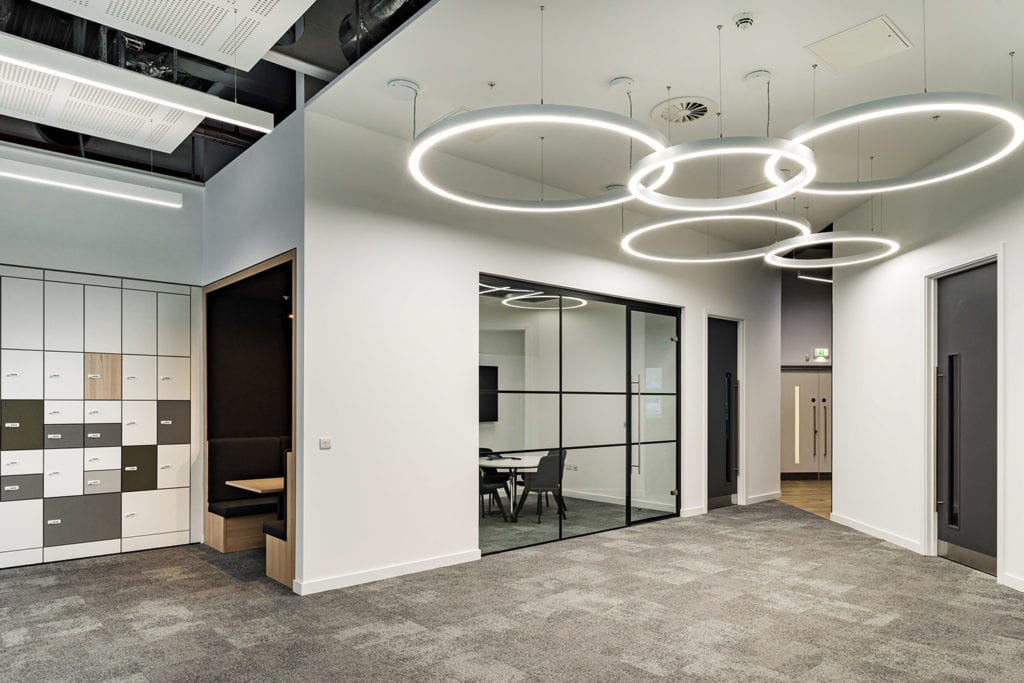
We will look at all the options and consider every scenario
Like so many jobs, engineering is collaborative. Our internal teams talk and work together every day. They also co-create with architects, landscapers and contractors. We need to ensure our clear lines of communication are unencumbered if we choose to work in a more remote way on a permanent basis.
Should we consider a four-day week, a nine-day fortnight, or even annualised hours in some jobs. We could plan to work more when there are peaks of work and less when there are troughs. There is also the question of satellite offices – should we consider an agreement with an office provider that has locations where people can touch base closer to home, if they live far away from our existing offices?
Some roles cannot be done from home, but there are other jobs where full flexibility is a possibility. The issue of talent attraction is also something we need to consider. Currently, we source talent in and around our offices.
If people can work more remotely, with only occasional visits to the office, this may open up more opportunities to recruit from a wider pool, with a wider choice of talent. How remote is too remote – a different city or different country? However, complex tax issues must be considered and with our competitors doing the same, there’ll be a war on talent. These are big conversations, but they are needed.
We want to use the Covid-19 pandemic as a catalyst to shift the way we work, whilst maintaining our culture and growing our client base.
We will test different ways of working
Using a consultation process, we will create a series of “prototype” ways of working. Not all scenarios will be relevant to all offices and there will be no universal “blueprint”. These new methods will be trialled over a three-to-six-month period, before we review and adapt, as necessary.
I’m certain that if we listen and remain agile, we will find the right solutions. We have responded to the pandemic well. Buro Happold has the agility and drive to respond quickly and effectively to any future changes. Whether we are working from our home, a satellite hub or Buro Happold office, I’m confident that we will continue to thrive in all regions and markets.

